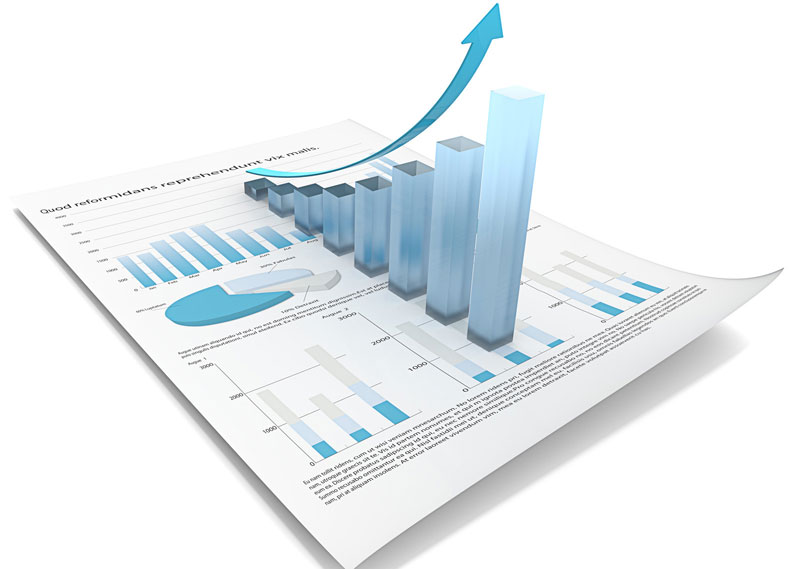As a data entry company, we know that proper financial planning is essential for businesses as well as individuals to achieve their short- and long-term objectives. Today, people are careful about their finance and keep close track of their financial information from simple balance to transaction data to more detailed personal finance analytics. An individual’s personal finance includes funds for major purchases, plan for taxes, investments, savings for retirement and liabilities like loans, mortgage, credit card debt etc. Financial data on paper need to be converted into digital format to ensure safety and reliability.

According to the Associated Press – NORC centre for Public Affairs Research, two-thirds of Americans would struggle to find $1000 in an emergency. 31 percent of individuals have less than $ 500 in emergency savings and one in five people have $ 0 saved to meet emergency expenses. The average American has a debt of $38,000 and when things go wrong this amount can rise up easily. The average credit card late fee is $35 per occurrence. This shows that a small debt can grow big in a short period.
So here are some tips for a good financial planning:
- Stick to your budget: Budgeting is not a new concept but its significance is often ignored by many people. A Gallup poll identified that only one-third of Americans maintain a household budget, yet nearly every person that has turned their situation around has started by understanding their expenses on a granular level. Budgeting is the most important step towards long-term financial health. For smart financial decisions, you have to know how much you earn and how much you spend. With new tools and technology and professional data entry service, budgeting has become an easier process. There are some tools like Mint, You Need Budget, Level and PocketGuard to name a few. Use of AI in budgeting is also an innovative approach that makes the budgeting process more efficient. AI lets you integrate your bank account and update it while on the go. The key aspects are to ensure proper visibility into inputs and outputs, set realistic goals and avoid using credit cards and incurring debts for your daily expenditure.
- Keep your finance safe from any unexpected financial shocks and then build emergency fund: Parking tickets, medical bills etc. are surprise expenses that can affect your savings. In addition, not paying bills on time can lead to penalties which can make your expenses go even higher. According to data by Earnin, every month thousands of customers overdraw because of automatic payments to Netflix and end up with a penalty of $35 apart from the monthly fee. This sum of money can be huge for people with a tight budget. So, all unexpected expenses can be a hindrance in building up good financial stability. Therefore, whenever you make a budget, no matter how tight you are, make some savings to meet unexpected expenses.
- Set debt pay-off and savings goals: Find out if you have a budget shortfall or overage. This can be done by subtracting your monthly expenses from your income. If your income exceeds your spending, you can earmark the amount as savings and to pay off your debt. On the other hand, if you are spending more than you earn, you have to cut down some expenses. Find out where your money is going and make appropriate cuts until you have at least 10 – 20% of your income left over each month to add to your savings account. If making cuts is impossible, you will have to think of ways to increase your income.
- Record all income and expenses: To stay on top of your budget, make it a point to record all income and expenses. This kind of record will make you think twice before splurging and help achieve your savings goals.
- Look for better jobs or move into an affordable place: This is one of the best things you can do to improve financial health and make a huge difference in your life. Housing is one of the most expensive affairs which is a basic necessity. So, moving out to an affordable place is the best choice. If you wish to set long- term financial goals, then the only way is to get a better job with better pay. Don’t stick to entry level jobs.
One can never predict the future and financial hurdles may occur at any time. So, having a long-term financial plan is important. Consider financial plan as a commitment and discipline and not as a burden. You can seek data entry services that can assist with your financial data digitization and management, and budgeting.



